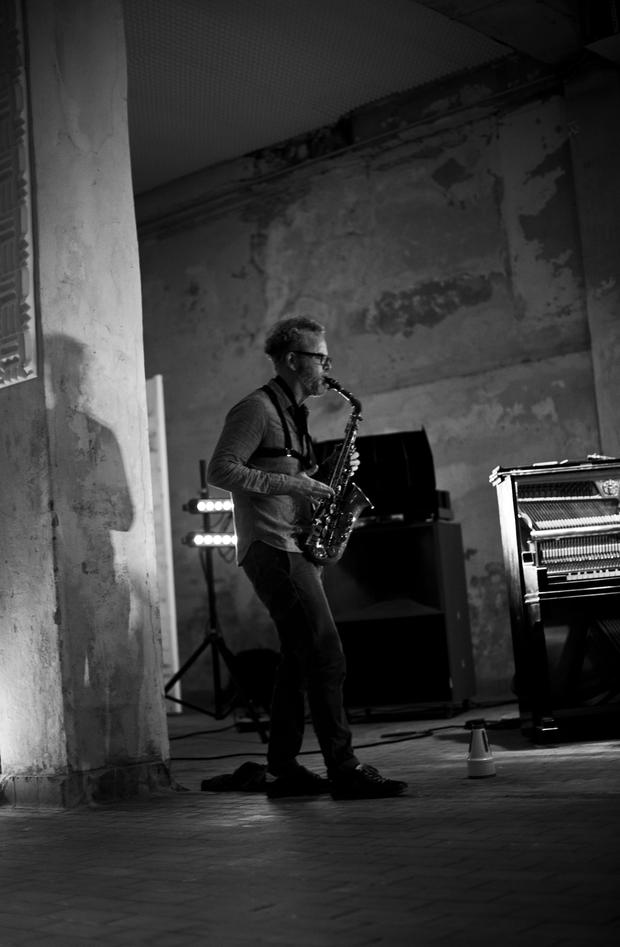Petter Frost Fadnes
Jazz-Japanisation and the role of the jazu kissa
Hovedinnhold
The traditional coffeehouse – the jazu kissa or jazz kissaten – is a category of dedicated listening cafés only found on the Japanese islands; where the musical selection comes across as a carefully considered curation of the jazz canon. These one-of-a-kind cafés-sometimes-bars are meticulously constructed around vinyls as devotedly as theatres and concert halls pay attention to on-stage design, sound and lighting; comprising a full-blown experiential package for the senses towards its over-average dedicated listeners.
Through exploring the kissa as a public space for social listening, this paper finds new ways of exploring jazz-Japanisation. Shifting between historic references and contemporary life, the coffeehouse becomes the axis from which we can move outwards to catch the essences of Japanese performativity. In order to avoid Orientalist clichés, I will attempt to addresses as many perspectives of these ‘listening palaces’ as possible; ranging from postwar Americanism (authenticity, mimicry, emancipation, nostalgia, capitalism) to Japanisation of jazz as reauthentication (experimentalism, vernaculars, technology, urbanity), as well as foreign ‘interventions’ and external-come-internal views of Orientalism (expats and exotica).
Such diverging perspectives also brings up conflicts within a postwar Japan eager to progress (leave behind) as well as maintain (enclose) its cultural identities. The protected life of the jazu kissa is fascinating because it both permeates extreme nostalgia, as well as helps re-establish new perspectives on experimentalism and performative practices within the Japanese jazz/improv scene.
Key Questions
- In what way are recordings (from the past), part in forming music cultures (in the present)?
- Can the old tradition of the Japanese kissa teach us something about listening as a social activity today?
Recommended Reading
Hosokawa, Shuhei. 2016. "The swinging phonograph in a hot teahouse: Sound technology and the emergence of the jazz community in prewar Japan." In Sound, space and sociality in modern Japan, edited by Joseph D Hankins and Carolyn S. Stevens, 108-126. New York: Routledge.
Novak, David. 2008. "2,5×6 metres of space: Japanese music coffeehouses and experimental practices of listening." Popular Music 27 (1):15-34.
Biography
Dr Petter Frost Fadnes
With a parallel career in performance and academia, Frost Fadnes’ research interest is centered on improvisational thinking within a practical context, specifically looking at improvisational processes through musical performance. His overall mission is to demystify improvisational music-making, and reveal the musical thought within the performance. As a saxophone player, Frost Fadnes is active much of the year with The Geordie Approach – mixing acoustic and electronically manipulated sounds – in addition to the quartet Mole, and the Stavanger-based collective Kitchen Orchestra.Frost Fadnes has published on a wide range of performance related topics, such as jazz collectives, cultural factories, film scoring, jazz for young people and improvisational pedagogy. He is Associate Professor and Assistant Dean of Research at the Faculty of Performing Arts, University of Stavanger, and former principal investigator for the HERA-funded research project Rhythm Changes: Jazz Cultures and European Identities.

